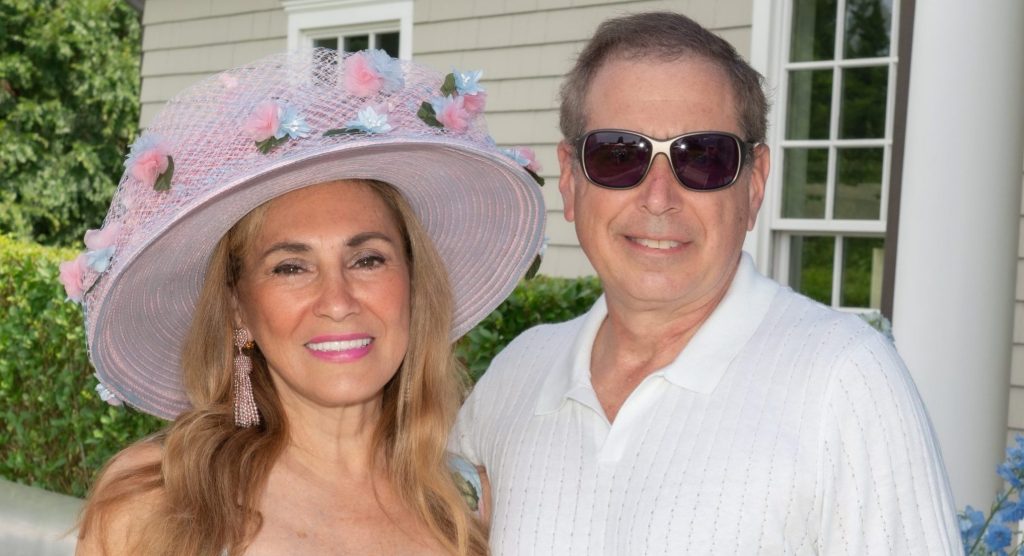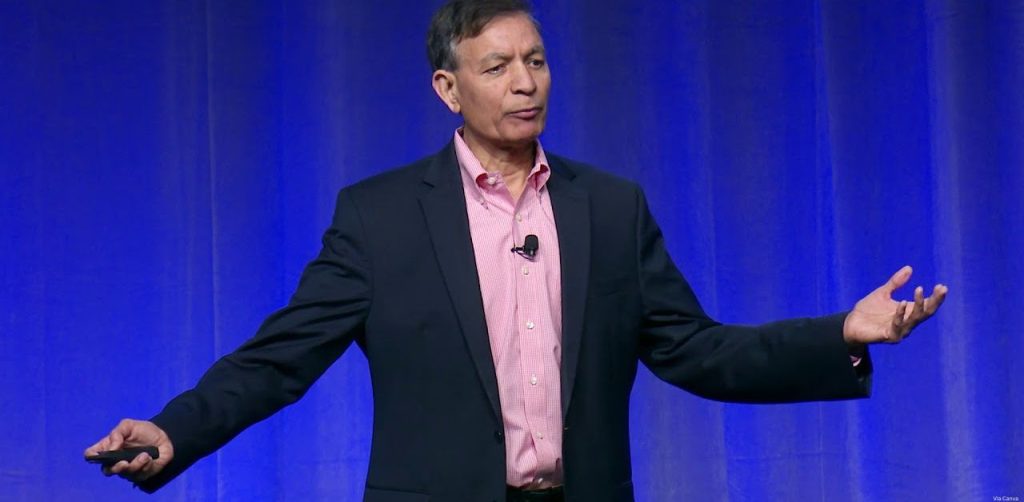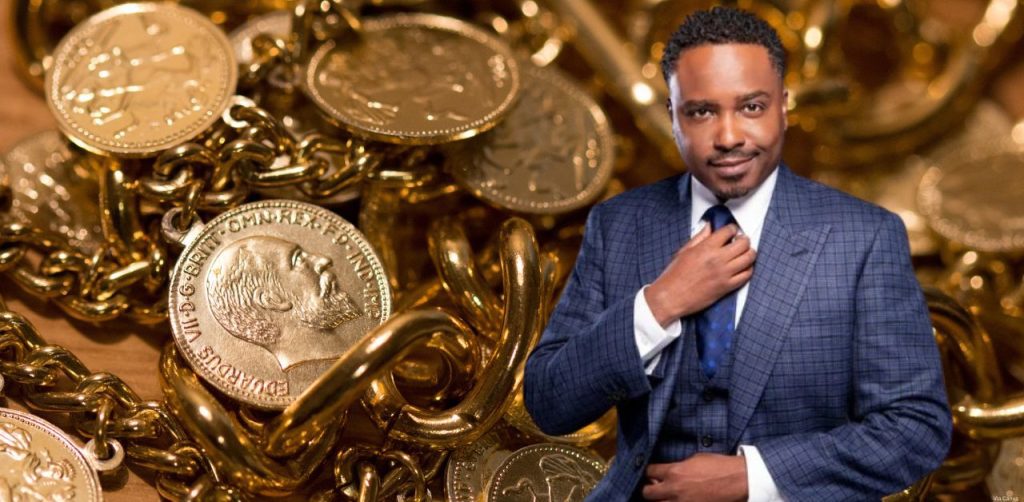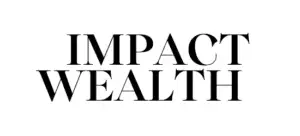Warren Buffett, the legendary investor and CEO of Berkshire Hathaway, is a walking paradox. Celebrated for his investment prowess and famously frugal lifestyle, he’s known for sipping cherry Coke, devouring Dairy Queen Blizzards, and residing in a relatively modest Omaha home. Yet, when it comes to personal security, Buffett isn’t afraid to loosen the purse strings – at least a little.
Recent disclosures by Berkshire Hathaway unveil a fascinating glimpse into the world of CEO security. In 2023, the cost of safeguarding the “Oracle of Omaha” dipped to $313,595, a 19% decrease from its 2016 peak of $387,881. While this might seem like a hefty sum for most, it pales in comparison to the security budgets of some tech titans. Mark Zuckerberg, the CEO of Meta Platforms (formerly Facebook), reportedly spent a staggering $14 million on security in 2023 – a testament to the unique threats faced by figures at the forefront of technological innovation.
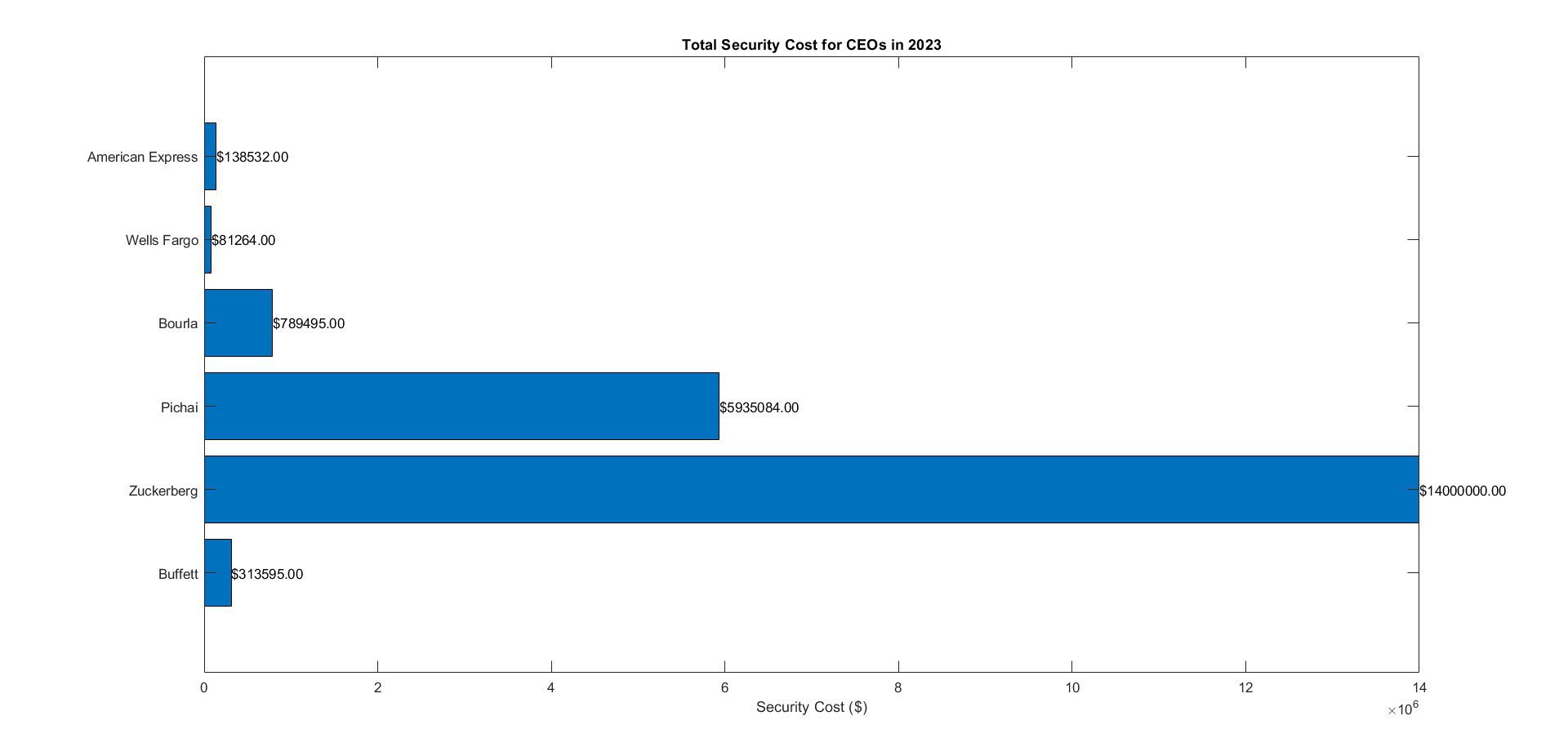

So, what exactly does a CEO’s security detail entail? Imagine a fortress on wheels – a combination of high-tech home security systems, discreet yet vigilant personnel guarding both primary and vacation residences, armored vehicles staffed by defensive drivers, and even robust cybersecurity insurance to ward off virtual attacks. It’s a cocoon of protection woven from cutting-edge technology and trained professionals.
This trend of lavish CEO security perks has been steadily rising. Jun Frank, a leading expert on corporate governance, points to a significant increase in home security perks offered to S&P 500 CEOs. This jump, from 12.6% in 2020 to 15.7% in 2023, reflects a growing unease about the safety of top executives in a world fraught with potential dangers.
Buffett’s security costs, while substantial, fluctuate based on his travel itinerary, vacation plans, and security system updates. Unlike Zuckerberg, who faces a constant barrage of online threats due to the nature of his business, Buffett’s security needs are likely more focused on physical protection.
The disparity in spending between these two titans highlights the diverse security considerations for CEOs across industries. Sundar Pichai, navigating the complexities of data at Alphabet (Google’s parent company), and Albert Bourla, steering Pfizer through the uncharted territory of pharmaceutical breakthroughs, both require robust security measures, reflected in their companies’ security allocations.
Interestingly, the concept of residential security perks is finding favor within the financial services and IT sectors. Companies like Wells Fargo and American Express are proactively investing in securing their CEOs’ homes, with expenditures exceeding $80,000 annually. This trend suggests a growing recognition of the potential vulnerabilities faced by leaders across various industries.
In conclusion, Warren Buffett’s personal story exemplifies a fascinating dichotomy – a man of unparalleled financial acumen who prioritizes both frugality and security. The decrease in his security costs doesn’t signify a disregard for safety, but rather a testament to the efficacy of his chosen protection measures. As the world grapples with an ever-evolving landscape of threats, one thing remains certain: CEO security spending will continue to be a top priority for companies seeking to shield their most valuable assets. The question remains, will the future see all CEOs adopting Zuckerberg-esque security measures, or will Buffett’s more moderate approach become the norm? Only time will tell.
Also read: Warren Buffett Donates $27 Million in Stocks to Mystery Charity









